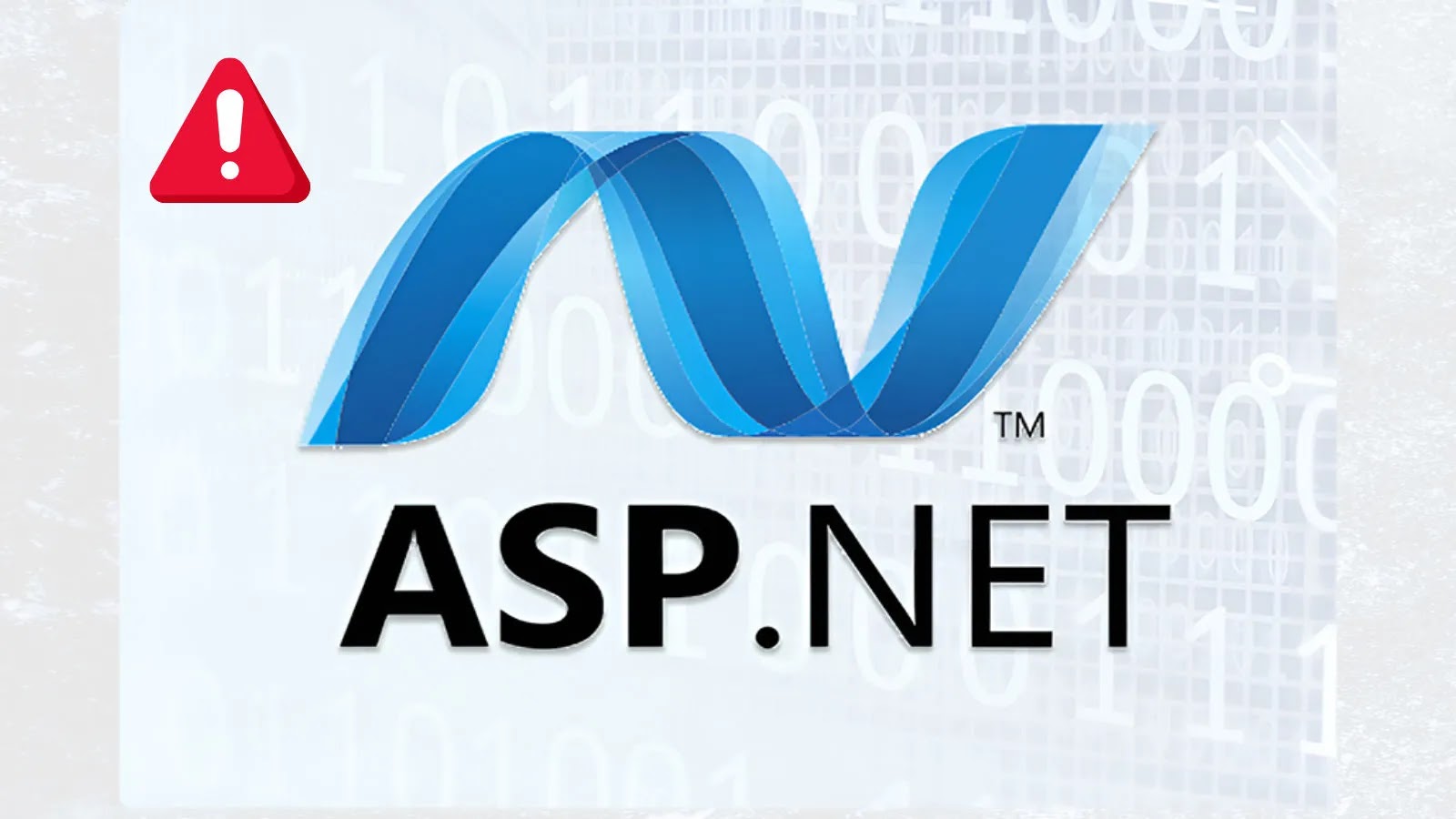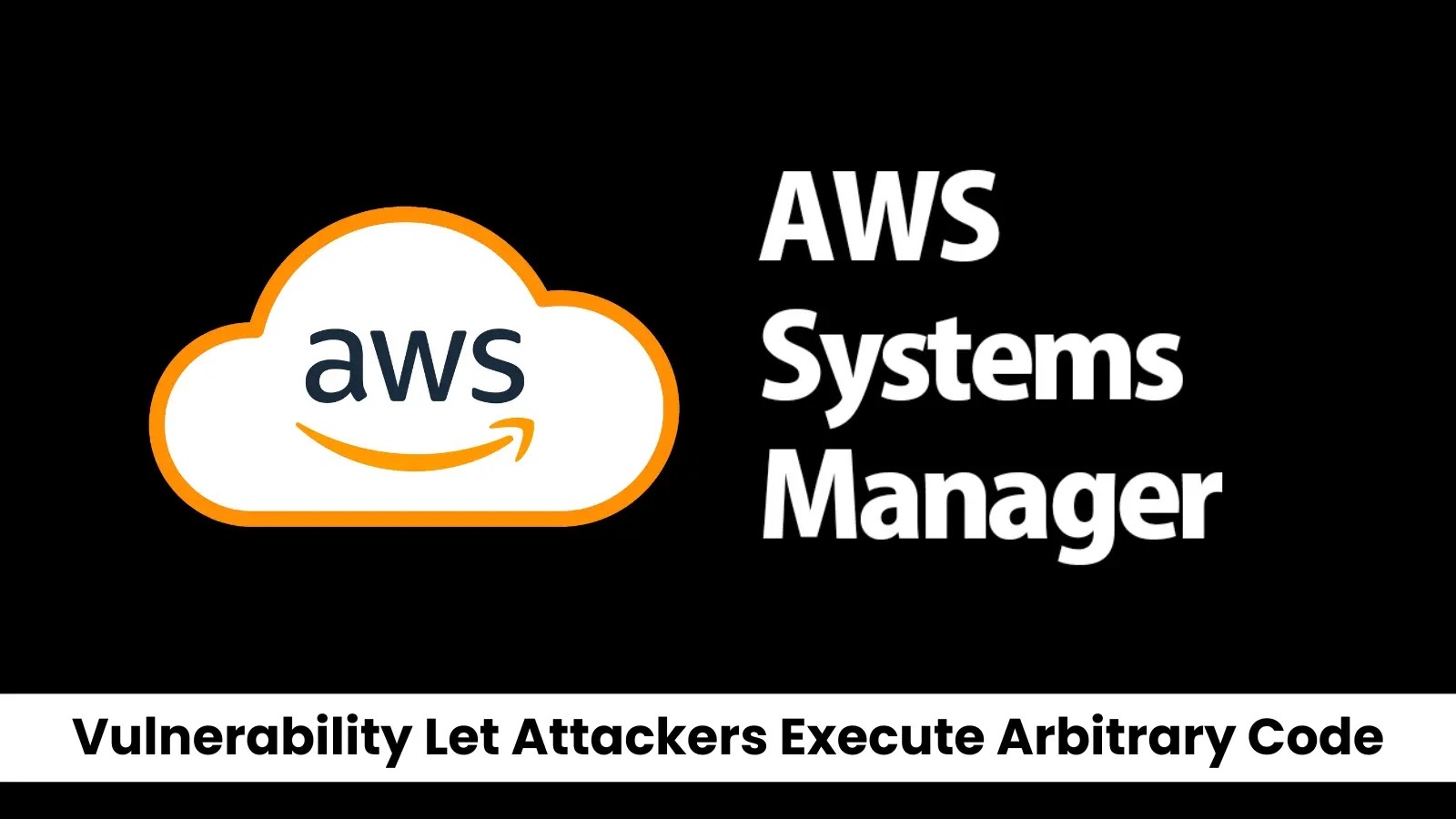A significant security flaw has been identified in Fortinet’s FortiWeb web application firewalls, potentially allowing authenticated attackers with administrative privileges to execute unauthorized SQL commands through specially crafted API requests. This vulnerability, classified under CWE-89 (Improper Neutralization of Special Elements used in an SQL Command), poses a substantial risk to organizations relying on FortiWeb for web application protection.
Understanding the Vulnerability
The core issue lies in FortiWeb’s API endpoints, where improper input validation permits attackers to inject malicious SQL code. By sending specifically crafted API requests, an authenticated attacker with administrative privileges can exploit this flaw to access sensitive information, such as signature data, stored within the system. This type of attack, known as SQL injection, enables the execution of arbitrary SQL commands, potentially leading to unauthorized data access or manipulation.
Affected Versions and Recommended Actions
The vulnerability impacts multiple versions of FortiWeb across different release branches. The affected versions and their corresponding solutions are as follows:
– FortiWeb 7.6: Versions 7.6.0 through 7.6.1 are vulnerable. Users should upgrade to version 7.6.2 or later.
– FortiWeb 7.4: All versions are affected. Users are advised to migrate to a fixed release.
– FortiWeb 7.2: All versions are affected. Users should migrate to a fixed release.
– FortiWeb 7.0: All versions are affected. Users should migrate to a fixed release.
– FortiWeb 6.4: All versions are affected. Users should migrate to a fixed release.
– FortiWeb 6.3: Versions 6.3.6 through 6.3.23 are vulnerable. Users should migrate to a fixed release.
To mitigate the risk associated with this vulnerability, organizations are strongly encouraged to upgrade their FortiWeb installations to the specified patched versions. Prompt application of these updates is crucial to prevent potential exploitation.
Potential Impact of Exploitation
If exploited, this vulnerability could allow attackers to execute unauthorized SQL commands, leading to information disclosure. The ability to access sensitive data can have far-reaching consequences, including data breaches, compliance violations, and reputational damage. Given the critical nature of this flaw, immediate action is necessary to secure affected systems.
Acknowledgment and Disclosure
Fortinet has acknowledged the responsible disclosure of this vulnerability by Kentaro Kawane of GMO Cybersecurity by Ierae. This collaboration underscores the importance of coordinated vulnerability disclosure in enhancing cybersecurity defenses.
Historical Context and Ongoing Vigilance
This is not the first time FortiWeb has faced SQL injection vulnerabilities. Previous instances include:
– CVE-2020-29015: A blind SQL injection in the user interface of FortiWeb versions 6.3.0 through 6.3.7 and versions before 6.2.4 allowed unauthenticated, remote attackers to execute arbitrary SQL queries or commands by sending requests with crafted Authorization headers containing malicious SQL statements.
– CVE-2022-29059: An improper neutralization of special elements used in an SQL command in FortiWeb versions 7.0.1 and below, 6.4.2 and below, 6.3.20 and below, and 6.2.7 and below allowed privileged attackers to execute SQL commands over the log database via specifically crafted string parameters.
These recurring vulnerabilities highlight the need for continuous vigilance and prompt patch management to maintain the security of web application firewalls.
Best Practices for Mitigation
In addition to applying the necessary patches, organizations should consider implementing the following best practices to enhance their security posture:
1. Regular Software Updates: Ensure that all software components, including web application firewalls, are regularly updated to the latest versions to benefit from security patches and improvements.
2. Access Controls: Limit administrative privileges to essential personnel and enforce the principle of least privilege to reduce the risk of exploitation.
3. Input Validation: Implement robust input validation mechanisms to prevent malicious data from being processed by applications.
4. Monitoring and Logging: Establish comprehensive monitoring and logging to detect and respond to suspicious activities promptly.
5. Security Training: Provide regular security training to staff to raise awareness about potential threats and safe practices.
By adopting these measures, organizations can strengthen their defenses against SQL injection attacks and other security threats.
Conclusion
The discovery of this critical SQL injection vulnerability in FortiWeb underscores the importance of proactive security measures and timely software updates. Organizations using affected versions of FortiWeb should prioritize upgrading to the recommended patched versions to mitigate the risk of exploitation. Continuous monitoring, access control, and adherence to security best practices are essential components of a robust cybersecurity strategy.



